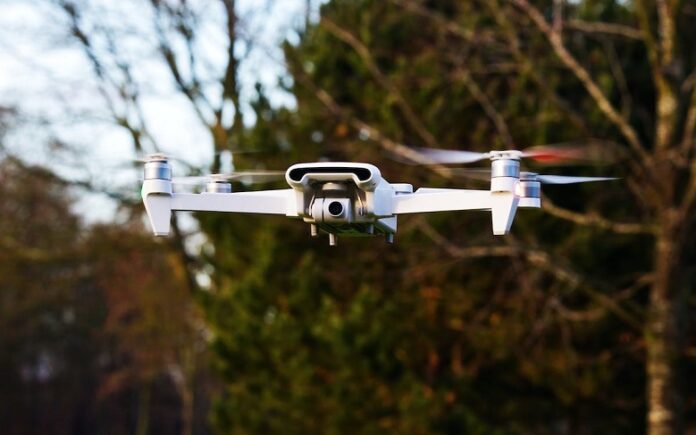A technological revolution in the logistics and transportation sectors has the potential to change how goods are moved globally. A game-changer that has the potential to change the established air cargo industry is drone delivery services. Drones are gradually emerging as a feasible option for speedy and effective package delivery as technology and regulations develop.
The Promise of Drone Delivery Services
Drone delivery services are an attractive substitute for traditional air cargo transportation since they have a number of benefits over the former. Speed comes first and foremost. Drones can travel far more quickly than conventional freight planes across densely populated areas. This speed is especially useful for transporting things that must be delivered on time, like perishables or medical supplies. Moreover, big airlines like United Airlines should also think about using drones for cargo delivery.
Additionally, drones could considerably lower operating costs. Traditional cargo aircraft require substantial airports and ground infrastructure, both of which can be costly to operate. In contrast, the necessity for large logistics facilities is diminished by the fact that drones may take off and land from tiny neighborhood centers. Drone delivery services may become more accessible and economical for companies of all sizes as a result of this cost-saving potential.
Challenges and Regulatory Hurdles
Despite the great potential of drone delivery services, there are substantial difficulties and legal barriers that must be overcome. The main challenges that drone technology faces are safety issues, airspace control problems, and privacy problems. Drones flying in populous places raise serious safety concerns. It is crucial to make sure that drones can operate without endangering people on the ground.
Another difficulty is managing the airspace. To avoid accidents and maintain effective operations as the number of drones in the sky rises, it is crucial to develop clear regulations and procedures for monitoring their itineraries.
Another important issue is privacy. Drones with cameras can record pictures and videos of people and things, which raises concerns about privacy rights. The advantages of drone technology and the preservation of individual privacy must be balanced in regulations.
The Road Ahead
The advantages of drone delivery services outweigh these difficulties by a wide margin. To address these concerns and establish a framework for safe and ethical drone operations, the industry is actively collaborating with authorities and stakeholders.
Many big companies have already invested a lot of money in drone technology and are doing pilot projects to see if drone delivery is practical. Startups are also emerging with creative drone delivery methods for the last mile. Furthermore, British Airways is using drones to count inventory, which saves hundreds of man hours.











